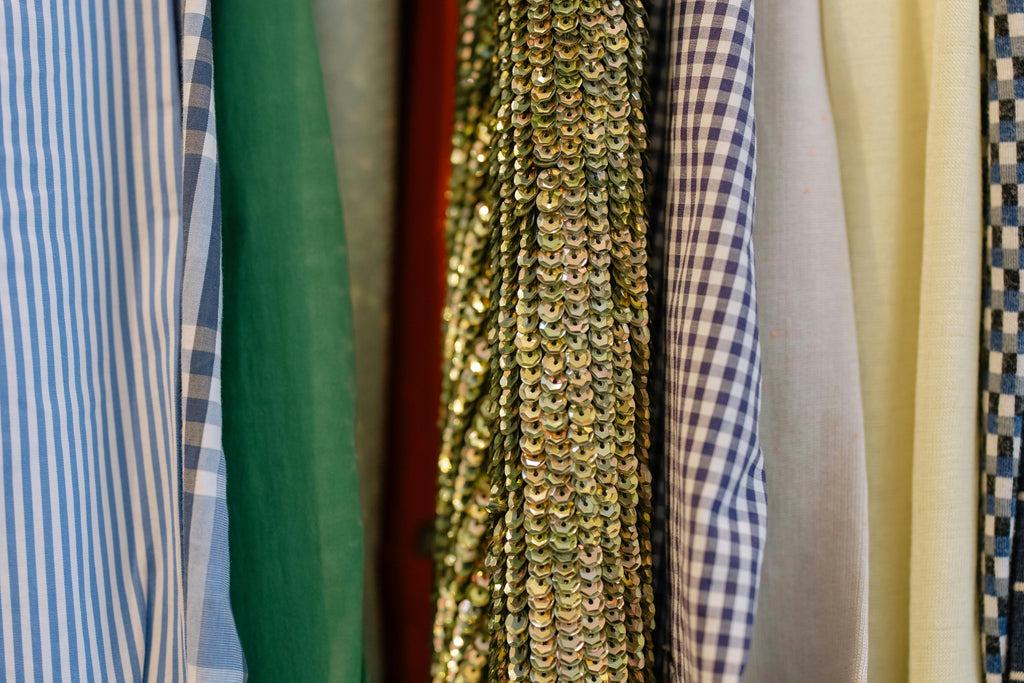The Environmental Impact of Buying Second Hand Clothes in Australia

Why Second Hand Clothes Matter More Than Ever
Australians throw away more clothes than we realise. According to the Australian Circular Textile Association, over 500,000 tonnes of textiles end up in landfill every year. Most of these clothes could have been reused, resold or recycled. Choosing second hand clothes is one of the simplest ways to reduce this waste while refreshing your wardrobe.
At Chic Wardrobe, a Tasmanian-born brand shipping Australia-wide, we see second hand clothing as more than fashion. It is part of the solution to Australia’s growing textile waste crisis.
The Hidden Cost of New Clothing
When you buy new, the environmental cost is much higher than the price tag.
-
Water usage: It takes around 7,500 litres of water to produce a single pair of jeans.
-
Carbon emissions: The fashion industry contributes up to 10% of global greenhouse gases.
-
Chemical pollution: Dyes and textile treatments often pollute rivers and ecosystems.
By extending the life of clothes through second hand use, we reduce the demand for new production and its heavy environmental impact.
How Buying Second Hand Clothes Helps the Environment
1. Reduces Landfill Waste
Every preloved item bought is one less piece sent to landfill. Even buying second hand a few times a year makes a difference.
2. Saves Natural Resources
Reusing clothes means less cotton, water, and energy are needed for new production.
3. Lowers Carbon Footprint
The Department of Climate Change, Energy, the Environment and Water reports that extending the life of clothing by just nine months reduces its environmental footprint by 20–30%.
4. Supports Circular Fashion
Second hand clothes are part of the circular fashion economy, where garments are reused, repaired, resold and recycled instead of discarded.
The Australian Context
Australians are some of the highest consumers of new clothing in the world, buying an average of 27 kilograms per person per year. Much of this ends up unused or thrown away within a year.
Second hand shopping is shifting this pattern. From Hobart to Sydney, shoppers are turning to online thrift stores like Chic Wardrobe, charity shops and resale apps to extend the life of garments. Tasmania, known for its environmental values, is leading the way in supporting local and sustainable alternatives.
Why Second Hand Clothes Are a Smart Choice
Aside from the environmental benefits, buying second hand clothes is:
-
Affordable: Designer labels and quality basics at a fraction of retail prices.
-
Unique: Vintage finds and one-off styles you won’t see on the high street.
-
Sustainable: Every purchase supports waste reduction and lowers demand for fast fashion.
How to Shop Second Hand with Purpose
-
Buy quality fabrics like cotton, linen, wool and denim that last longer.
-
Choose versatile pieces that fit into your everyday wardrobe.
-
Look after preloved clothes with gentle washing and proper storage.
-
Donate or resell what you no longer wear to keep the cycle going.
You can start exploring curated collections online at Chic Wardrobe.
Are Second Hand Clothes the Future of Fashion in Australia?
Yes. Buying second hand clothes is more than a shopping choice. It is a way to reduce waste, save natural resources and support sustainable fashion in Australia.
👉 Join the movement today. Shop Chic Wardrobe’s preloved clothing collection – affordable, stylish and sustainable.
